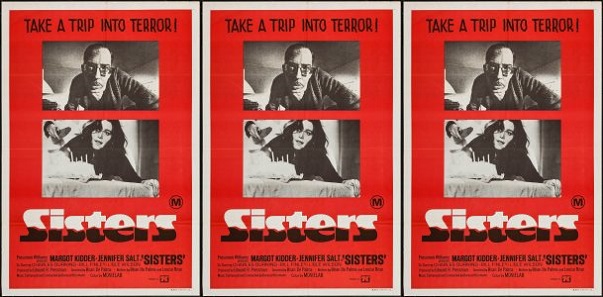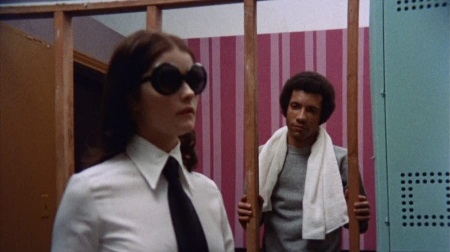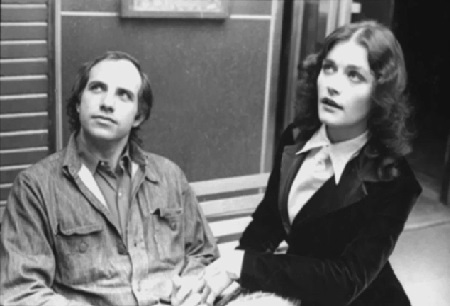Martin Scorsese is a movie industry leader for well-crafted cinema from the perspectives of story, sound, composition and the delivery of a message that engages audiences emotionally, intellectually and through the senses. Taxi Driver (1976) hits the marks on each of these stages in being our focus here today.

Robert De Niro stars as Travis Bickle, a military veteran working as an overnight taxi driver in mid-1970s New York City, New York following the Vietnam War. Bickle opens the film with chronic insomnia, lonely, and turns to driving folks around overnight in disreputable neighborhoods overrun by crime and depravity. Bickle frequents pornography theatres, becoming as friendly with other overnight cabbies as he can.

The cabbie company’s Personnel Officer, as portrayed by Joe Spinell, reinforced the notion of visiting theatres to Bickle at the point Travis Bickle was hired. The group of cabbies that come closest to becoming friends to Bickle include Charlie T., Doughboy, Wizard and a character identified strictly as Cabbie in Bellmore, portrayed respectively by Norman Matlow, Harry Northup, Peter Boyle and Harry Cohn. Bickle finds that Wizard, as the oldest in this group, is the closest to confidante that he, Bickle, has. Bickle further takes to confiding what truths he experiences in a diary.

Through the course of the movie, Bickle takes specific interest in two people in particular. Bickle descends further into a personal crisis of sorts, and he first sets his sights on presidential campaign worker Betsy. Betsy, as portrayed by Cybill Shepherd, takes notice of Bickle sitting in a taxi outside the New York City headquarters of Senator Charles Palantine, as portrayed by Leonard Harris. Shepherd mentions having observed Bickle to fellow campaign worker Tom, as portrayed by Albert Brooks. It is after Bickle and Betsy meet for pie and a fruit plate that things turn sour between the two, as Bickle takes Betsy to a pornography theatre on a date.

Travis Bickle admits to being out-of-tune with politics to Betsy prior to Betsy calling quits to the difficulty demonstrated by the errant date she had with Bickle. Bickle, meanwhile, becomes aware of underage prostitute Iris Steensma, as played by Jodie Foster. Bickle wants to help Iris get off the streets and back home to Pittsburgh, Pennsylvania. Bickle confides this to Senator Palantine while driving him in his taxi. Palantine’s overall populist message resonates and confuses Bickle, which gains relevance in the situations of Iris, Betsy, Tom and Senator Palantine.

The decision to become more physically focused on concerned with take direct physical action to confront the decadence and criminality that Bickle sees around him motivates the conclusion spelled out by Taxi Driver. People pay Matthew ‘Sport’ Higgins, as portrayed by Harvey Keitel, to facilitate illegal adult activity with Iris Steensma. A crime in a bodega follows. Things later come to a clear resolution for Higgins, Palantine, and others in a graphic and decisive conclusion that is emotionally and psychologically jarring. The impact is large, dramatic and decisive.

The aftermath of the decisive scene, which is worth the effort of watching the movie, ties a bow around the outcomes for the major characters in the movie. There are clear implications to the disposition of the major players in the story of Taxi Driver, which offers much to consider from the perspective of justice in the moment, justice in the period between Vietnam and the decisive moment for Bickle, the permissibility of criminal prostitution, and more. The questions aren’t easy, yet the fact that this movie offers the questions merits your consideration. I rate Taxi Driver as directed by Martin Scorsese at 4.5-stars on a scale of 1-to-5.
Matt – Saturday, October 9, 2021






